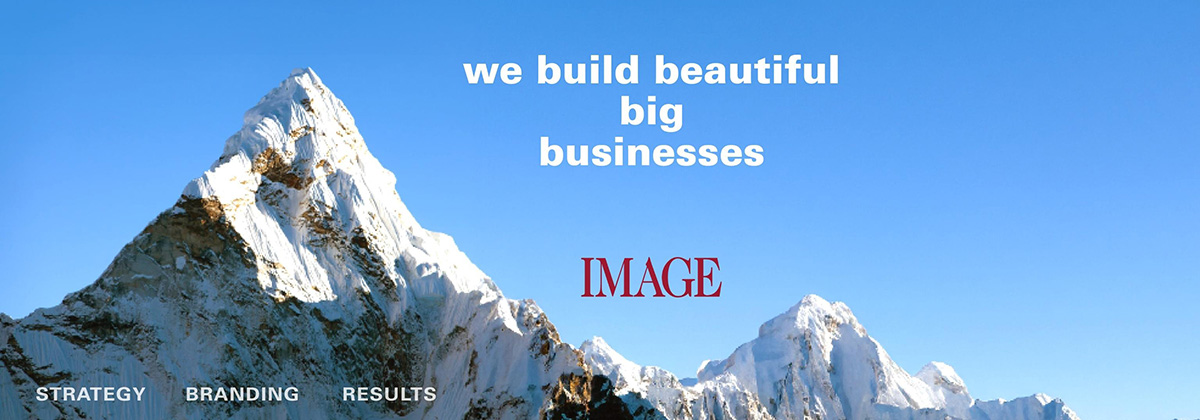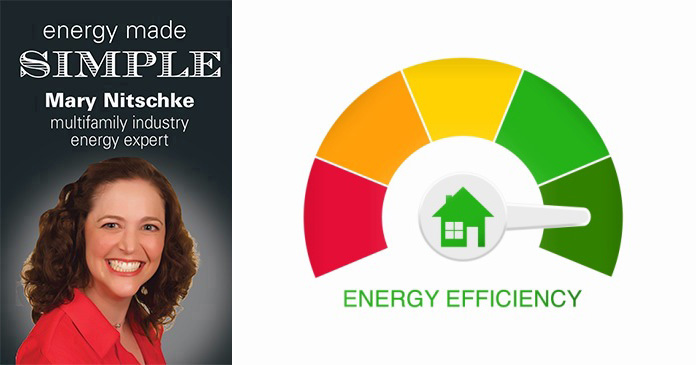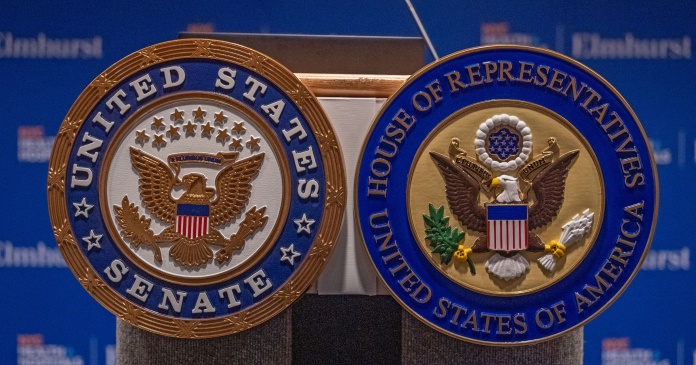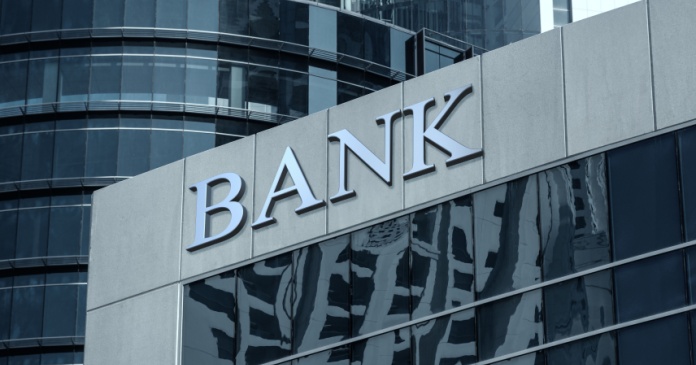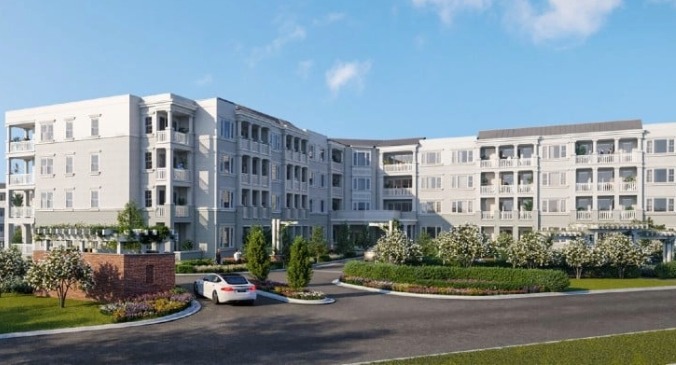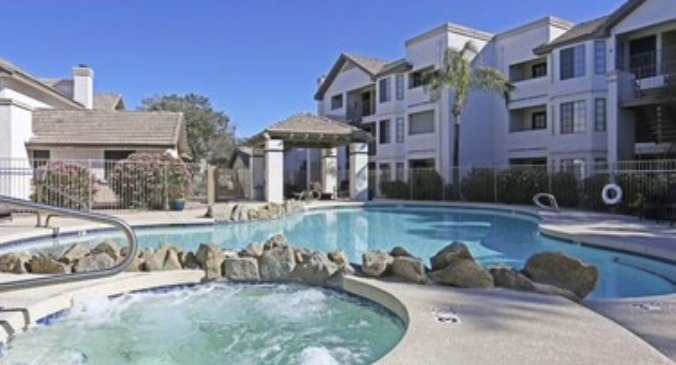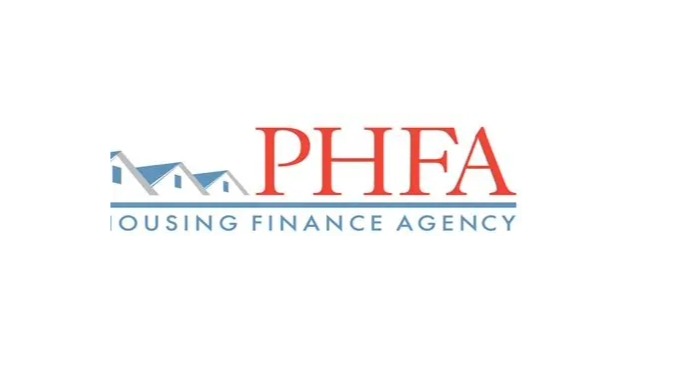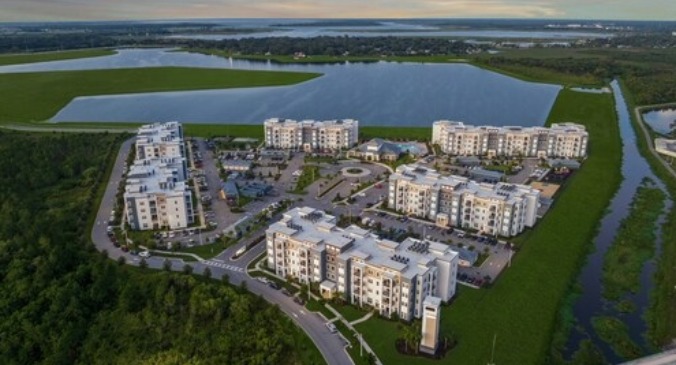I once attended a conference with a team member. At the lunch break, she turned to me and said, “You are really good at doing things, and really bad at sharing what you have done.” She was not wrong. I prefer to do the thing rather than to talk about the thing. Since then, I have tried to be better at sharing, which is part of what led me to write for Yield Pro.
Last week I was a panelist for the “Energy Management: The Business of Smart Efficiency” session at The Smart Spaces Conference in Dallas. The panel was moderated by Daniel Holcomb, a senior analyst in smart home research at Parks Associates. The speakers included Mauro Dresti of Carlo Gavazzi, Jason Powers of ADS-TEC Energy, Marcus Scheiber of ROCIQ and me. Topics covered included monetizing energy efficiency through tenant-facing programs, the role of AI and automation in demand response, and how ESG initiatives affect property valuation and investment strategy. The panel also discussed specific questions related to monetizing energy programs such as procurement, community solar and demand response.
What struck me most about the discussion was the focus on resident engagement. Some of the largest property management companies have reported that anywhere between 60 and 85 percent of the energy used in a multifamily building is resident in-unit consumption. This is a significant statistic for those communities in Building Performance Standard jurisdictions (there are fifteen) which require that energy performance targets be met. While, as an industry, we have primarily focused our energy efficiency upgrades on our common area components that are paid for by owners, we are now turning our attention towards efficiency and the reduction of energy consumption within the units.
Additionally, our turnover rate per year is declining as our focus shifts into resident retention as a revenue strategy. How do we keep our residents? Energy efficiency is a new topic in those strategy conversations.
Personally, I could not be more excited about the conversation. When I started in this industry almost twenty years ago, resident in-unit cost and consumption was not a topic for concern as those expenses were not germane to the performance of a property. Now we are talking about energy in the building in a new way which, from my perspective, can lead to new opportunities for residents and managers economically, in manager-resident relationships and in resident retention.
Whereas in my career, I have always been very good at doing things but mediocre about talking about them, I want to set an intention with you now: let’s talk regularly about resident energy consumption, and the benefits of focusing on it.

